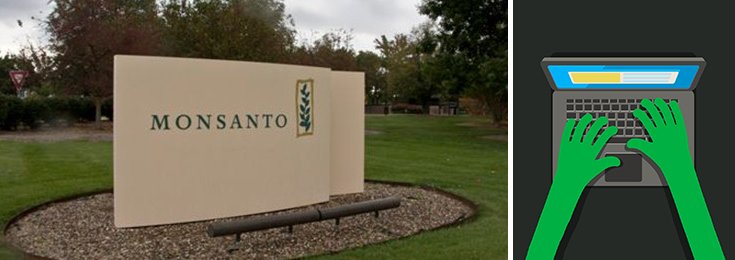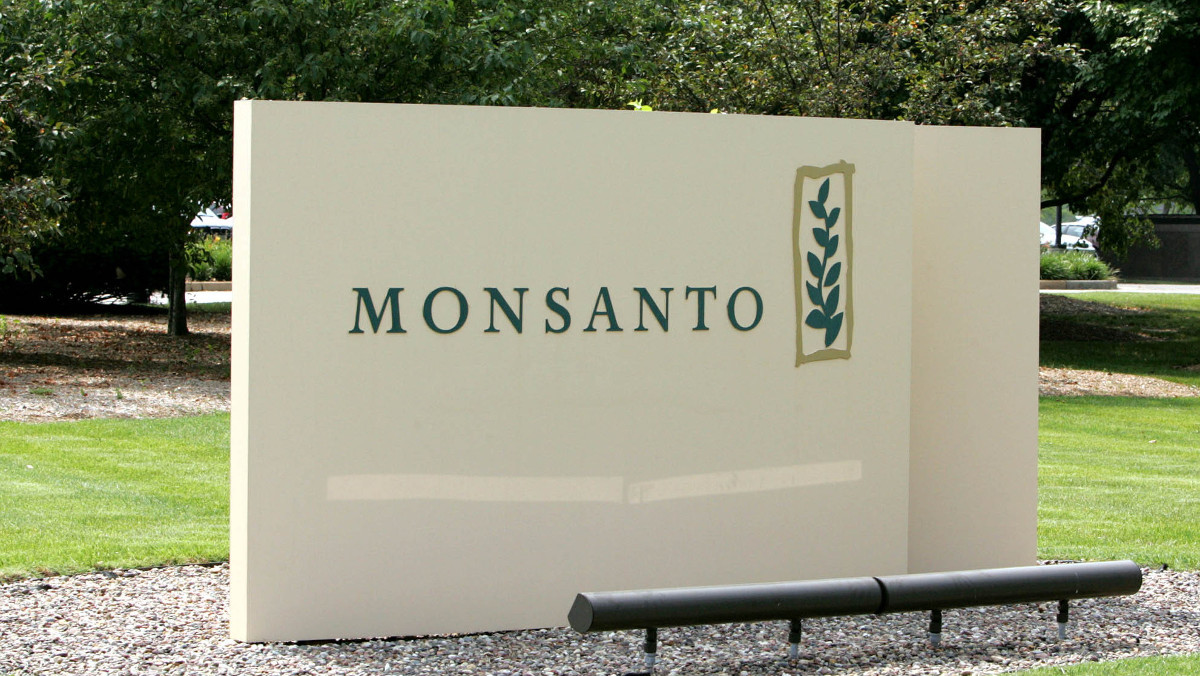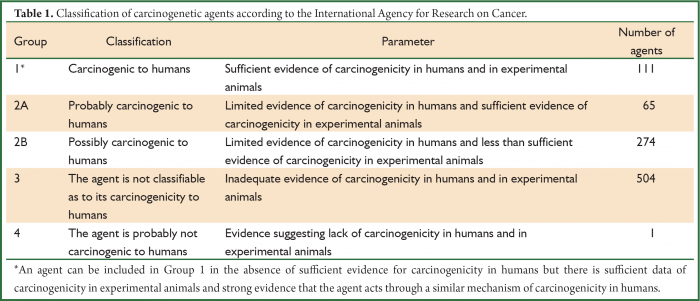Lawsuit Accuses Monsanto of Hiring Online Trolls to Attack Critics

A recent lawsuit accuses biotech giant Monsanto of hiring an army of online trolls to attack critics of their glyphosate-based herbicide, RoundUp. [1]

The allegations came to light after a judge for the U.S. district court in San Diego ruled that pretrial documents from 50 pending lawsuits against Monsanto could be released.
The plaintiffs in the cases allege that exposure to RoundUp caused them or loved ones to develop non-Hodgkin lymphoma, while the company hid the risks. The company behind such wholesome substances as Agent Orange (or the “former Monsanto Company,” in this case) even started a program, titled “Let Nothing Go” to leave nothing – not even Facebook comments – unanswered, according to the suit.
Let’s break down some of the plaintiffs’ other allegations:
- Monsanto pays people to pose as “regular” citizens with no industry ties to post positive comments aimed at defending the company and its products on news articles and Facebook posts. [2]
- The company silently funnels money to think tanks, like the Genetic Literacy Project and the American Council on Science and Health – organizations intended to shame scientists and highlight information beneficial to Monsanto and other chemical producers. The plaintiffs’ attorneys note that similar methods were used by tobacco companies in the past.
- Monsanto uses ghostwriters to author its scientific papers using language favorable to the company. This particular allegation is backed up by a batch of e-mails. Monsanto VP of global strategy told Science that ghostwriting was an “unfortunate” term and “an inappropriate way to refer to the collaborative scientific engagement that went on here.”
Read: EPA Official Accused of Helping Monsanto “Kill” Glyphosate-Cancer Link
One of the e-mails reads:
“A less expensive/more palatable approach might be to involve experts only for the areas of contention, epidemiology and possibly MOA (depending on what comes out of the IARC meeting), and we ghost-write the Exposure Tox & Genetox sections.
An option would be to add Greim and Kier or Kirkland to have their names on the publication, but we would be keeping the cost down by us doing the writing and they would just edit & sign their names so to speak. Recall that is how we handled Williams Kroes & Munro, 2000.” [3]
Monsanto took a famous, but failed, stab at silencing “bad” science in March 2015, when the World Health Organization’s (WHO) International Agency for Research on Cancer (IARC) declared glyphosate “probably carcinogenic.” The chemicals and GMO company immediately hit back, calling the report “biased” and demanding that it be retracted.

We here at Natural Society have had more than a little bit of experience with biotech trolls. We even have our own “lounge lizard” hanging in the comments. =]
Sources:
[1] Grub Street
[2] U.S. District Court – Northern District of California. Case No. 16-md-02741-VC
[3] RT
